Individuals involved in sport are often people who are fortunate enough to be doing something they love deeply. Yet the suicide of German goalkeeper, Robert Enke, in November 2009 highlighted the prevailing stigma of mental illness and depression in the world of competitive sport.
Enke took his own life after years of depressive illness and his tragic death served to emphasise just how important it is that the sporting world recognises depression as the serious illness that it is.


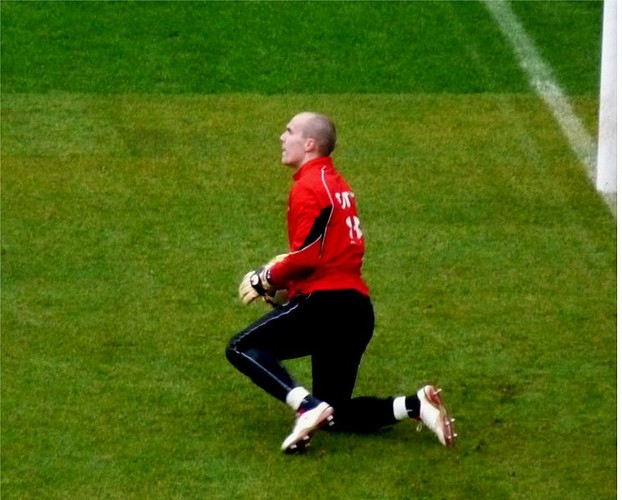
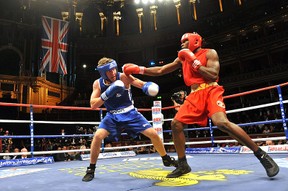



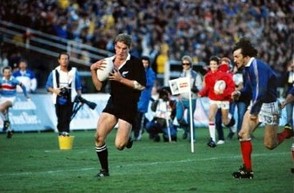





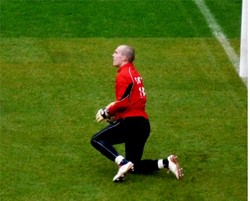

 How to Choose a Walking Cane or Stickon 08/01/2014
How to Choose a Walking Cane or Stickon 08/01/2014
 Michael Miller Fabulous Fabric Swatches for Quilting, Crafts etcon 07/02/2014
Michael Miller Fabulous Fabric Swatches for Quilting, Crafts etcon 07/02/2014
 The Drama of Life in the Rock Poolon 06/08/2014
The Drama of Life in the Rock Poolon 06/08/2014
 The Flâneur - Symbol of Modernity in 19th Century Parison 05/09/2014
The Flâneur - Symbol of Modernity in 19th Century Parison 05/09/2014


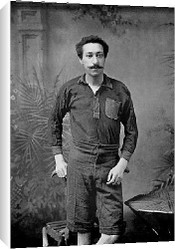
Comments
Purpose Embraced: I am so glad you found this article interesting - thanks so much for your post. I do so agree with your remarks. It is an invisible disability, and as you say, needs to be treated with compassion.
Thank you so much. :)
Very interesting article.
I absoslutely agree Mike. Having so much at such a young age is too much to cope with sometimes... If you have an underlying depressive illness I imagine it can be very confusing.
The pressure and stress that modern athletes deal with is certainly huge, not only in terms of the competitive nature of sports but also - especially for the top ones - because of the huge amounts of money involved.